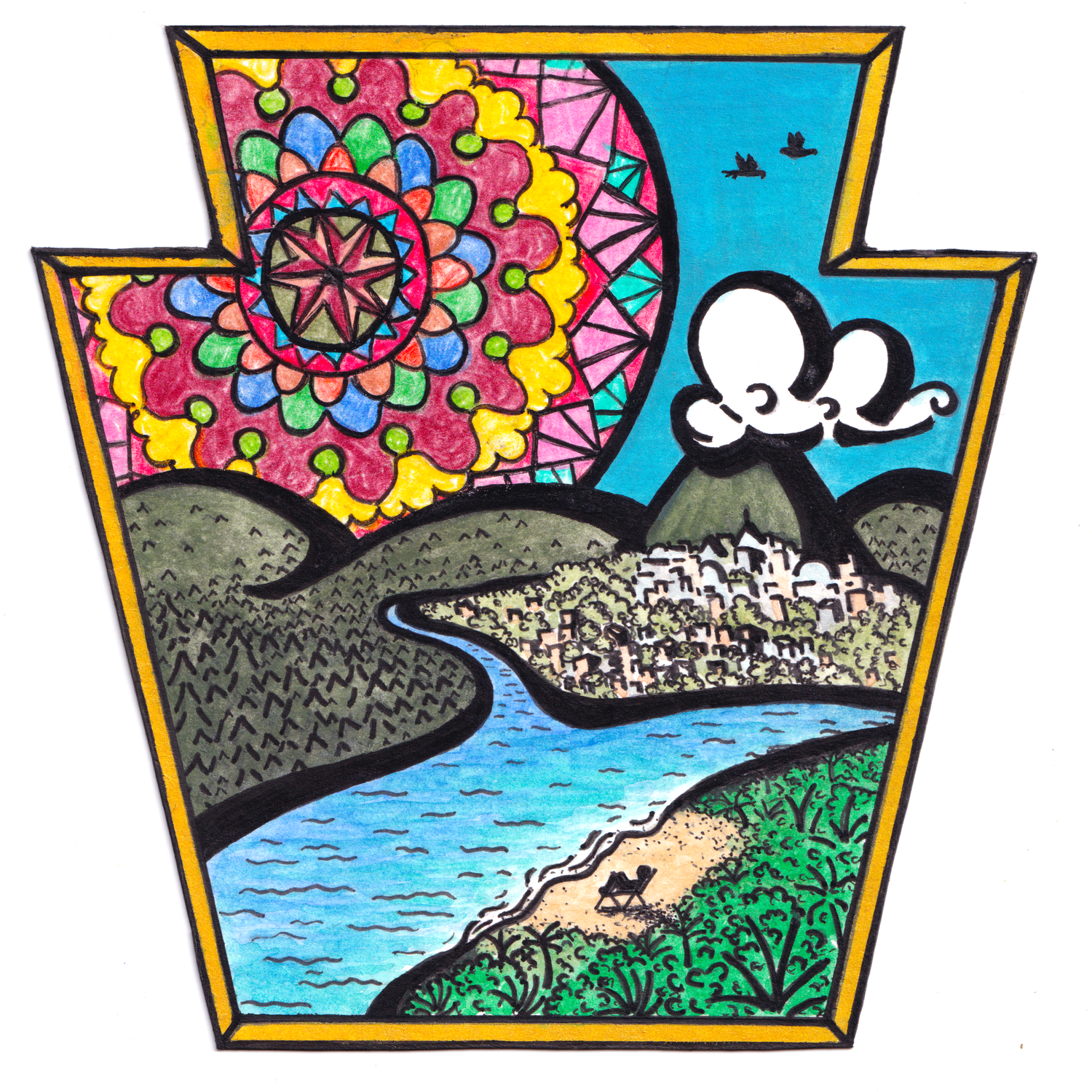My Broken Language Mends Broken Identities
“My Broken Language” Mends Broken Identities
For Motivos Magazine
By Gilberto Vega
From the first word through the final period, Philadelphia's own Pulitzer Prize-winning playwright Quiara Alegría Hudes (in her words, “a silent u in Quiara and a spherical u in Hudes”) invites the reader into her formative years split between two families, two languages, two cultures, and infinite identities in "My Broken Language: A Memoir."
Over the course of three hundred pages, Hudes transports the reader from West Philadelphia to the suburbs, Puerto Rico to elite Ivy League universities, and everywhere in between. In each space, she interrogates her surroundings in a writing style that is both poetic and powerful; I guarantee you will find yourself taking pause after reading yet another gem of a sentence and return to its start so you can re-read Hudes’ prose and commit her words to your memory. Additionally, as a music lover, I was impressed by Hudes' ability to write about music across genres in a way that made my mind's ear clearly hear the sounds she described: the upbeat salsa rhythms of Celia Cruz, the harpsichord arpeggiations of Johann Sebastian Bach, and the jazz stylings of Ruben Blades and George Gershwin.
At its essence, "My Broken Language" is a love letter to Hudes' ancestors, family, and future descendants, particularly the brilliant, empowering, and caring women in her life. This includes her community activist mother, Virginia Sanchez, fighting to address health disparities amongst Latinas; her abuela, Obdulia Perez, eager to share her recipe for the perfect arroz; and her mentor Paula Vogel, another Pulitzer Prize-winning playwright.
In exploring the complexities of people that straddle two different worlds, this memoir has been transformative in understanding my own multicultural and multilingual identities. Echoing Quiara’s words to her mother, I challenge you to “break this English language today and tomorrow and the day after and bestow it new life with each breaking. Endow your fullness upon this cracked colonial tongue. You language genius. This is your English. You earned it.” Yes, we certainly have.
